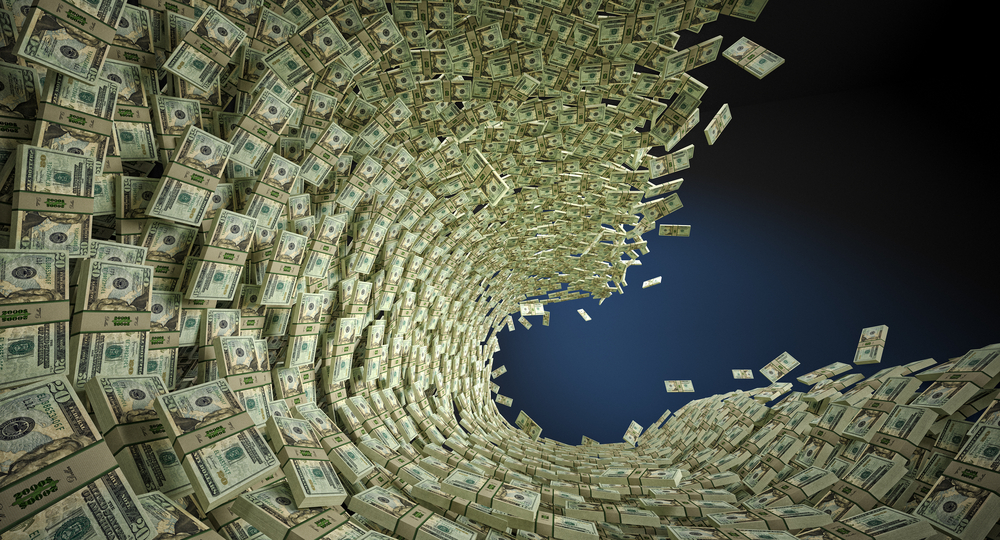
Viciously pedaling the cycle of Trade Barriers to Tariff Sanctions to Depressions to Great Wars.. while the free world is divisively engaged in tit-for-tat taxes, embargoes, duties, supremacists, jumlas and bombs – undermining any sort of cooperation that can stand up to inhuman power centers, until its too late.
We can only hope that wiser heads, business leaders, economists, and historians can slap faces of governments & profiteers on how selfishly greedy policies can induce far reaching damages not only to stock markets and economies, but to all sorts of international cooperation needed to stop malicious global gambles of the loot-wing imperialists.
For more than half a century, there has been some consensus around free trade. Leaders of political parties and majority had appreciated the jobs, goods, and prosperity brought by international trade. But today that consensus appears to have shattered with League of Nations unable to resolve any ongoing disputes peacefully to facilitate growth for all, free trade, development and open markets. Why is it collapsing? And what will this mean for weaker economies?

By pursuing zero-sum self interests, each nation had enacted capital policies that harmed other nations. These policies, however, ultimately made things worse for everyone. Economic nationalism produced an international crisis. The collapse in trade among nations in the 1930s accompanied a rise in aggressive militarism, leading inexorably into World Wars. Later, Smoot-Hawley had passed on a party-line support, with next election ushering in one of the greatest partisan shifts, helping extreme capitalistic ideologies to safely fool the citizens until they reach at the edge of next viscous cycle. Tipping point is when companies like Walmart imports more goods from China than do entire nations of Germany, UK, or Russia.
The bypass of international agreements will strain relations between countries & ideologies who may not like other’s aggressive behavior, objecting such unilateral approaches. There had never been such violent opposition to global trade deals, nor such a diverse coalition of opponents, including trade unionists, leftists, environmentalists, consumer advocates, religious groups, and even liberals frustrated that globalization had not lived up to its promises.
Increase in economic inequality has fostered an irrational hostility towards China and global trade engagements more broadly.
South Asian nations and weakest economies will be hardest hit, compounding the effects of Liberation Day cuts to the USAID in many of those countries. We must remember that cooperation can achieve objectives that nationalism cannot, and that imperial nationalistic leverages can lead to unintended situations in which everyone loses instead of promoting real peace and long-term security.
One thought on “From Trade Barriers to Tariff Sanctions to Depressions to Great Wars”
Leave a Reply
You must be logged in to post a comment.

Colonial governors, ministers and other सुप्रीम लाभार्थी चिन्तित as their cadre of election, capital, gold & land bhakts are getting more violent everywhere.. why your Kaal will deny that there are many ongoing / unfinished civil and uncivil wars!